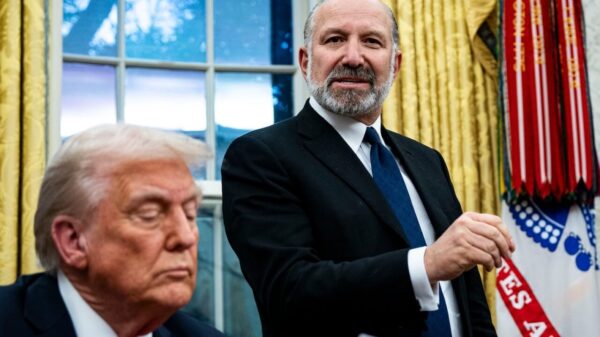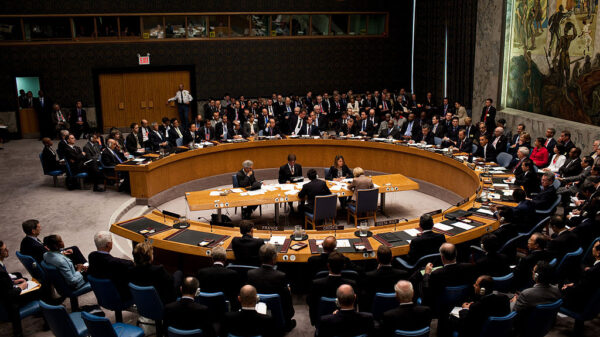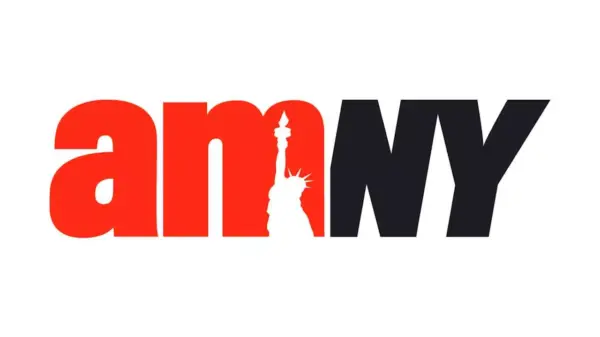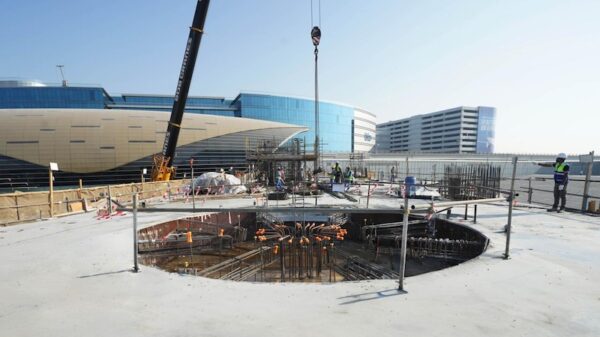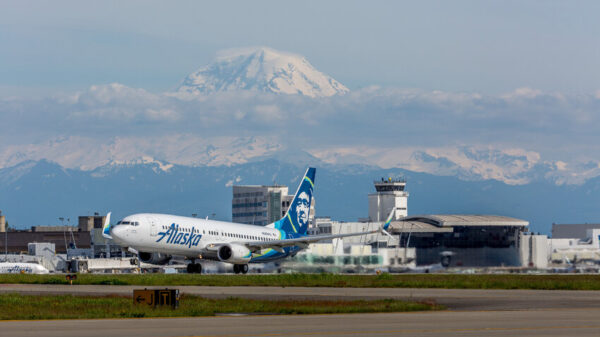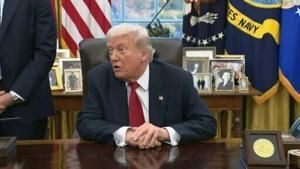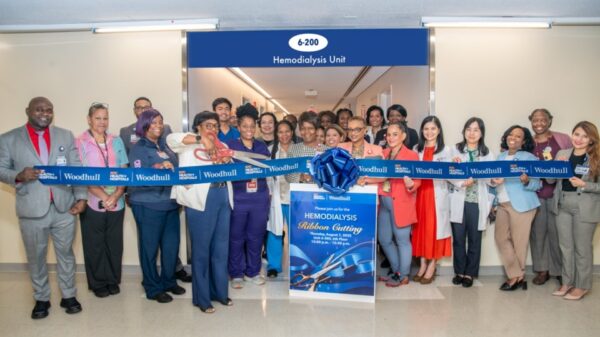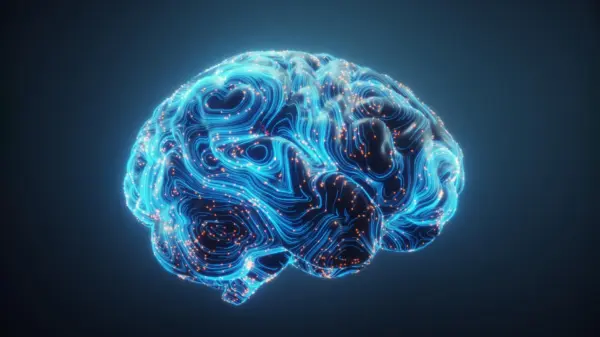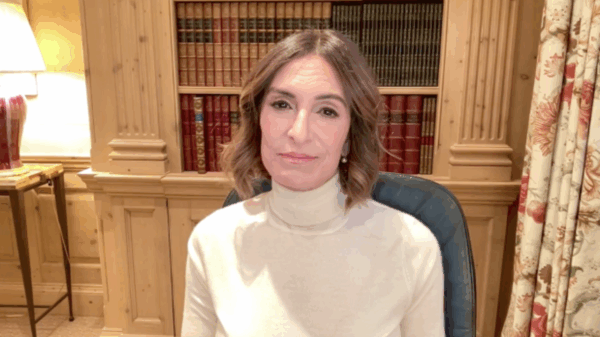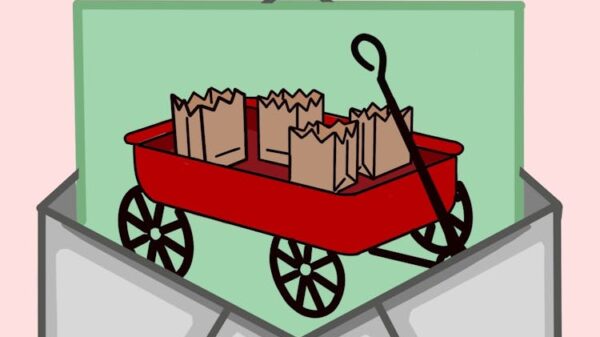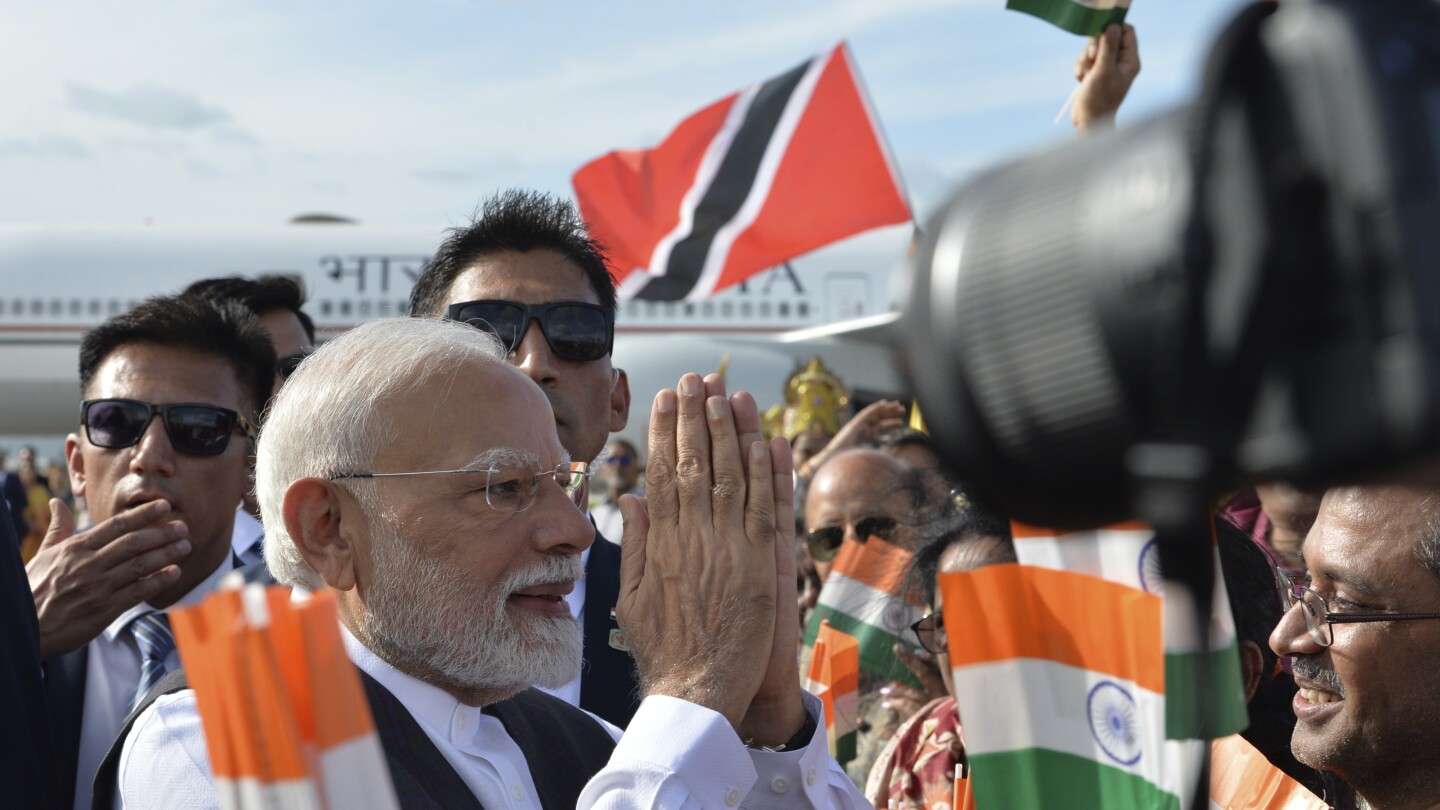PORT-OF-SPAIN, Trinidad — Indian Prime Minister Narendra Modi has pledged to enhance trade and investment with Trinidad and Tobago, marking a significant diplomatic engagement during his address to the nation’s parliament on Friday. Modi emphasized the importance of collaboration between the two nations, stating, “It’s time for us to work together to give the global south its rightful seat at the table. For us, there are no limits to our cooperation with you.”
This visit, Modi’s first official trip to the twin-island Caribbean nation, aims to bolster investment across various sectors including energy, health, and security. The visit underscores the historical ties between India and Trinidad and Tobago, a country where over 35% of the population is of East Indian descent.
Economic and Strategic Partnerships
In his speech, Modi expressed optimism about the potential for collaboration in areas such as digital technology and agriculture. He remarked that trade between the two countries is poised for growth, with a focus on human development. “We see great potential in working together on everything from developing new digital artificial intelligence tools to agriculture,” Modi stated.
Trinidad and Tobago’s Prime Minister, Kamla Persad-Bissessar, announced several investments in medical, energy, and technological infrastructure, which were promised by Modi. She highlighted the strategic nature of the partnership, saying, “This visit is more than just diplomacy. It marks a new dawn. India, and Trinidad and Tobago, will now work as strategic partners.”
Historical Ties and Cultural Connections
The historical connections between the two nations were a focal point of Modi’s visit. He described these ties as a “powerful symbol” of fraternity and trust. The Indian diaspora in Trinidad and Tobago, which traces its roots back to indentured workers brought during the colonial era, plays a significant role in this relationship.
“Both our nations rose from the shadows of colonial rule to write our own story,” Modi said. “The legacy of shared heritage and mutual respect continues to guide our partnership.”
In a gesture to strengthen these cultural bonds, Modi announced that the sixth generation of citizens with Indian ancestry in Trinidad and Tobago would be eligible for Overseas Citizen of India cards, facilitating their ability to live and work in India.
Challenges and Criticisms
While Modi was warmly received by many, particularly within Trinidad and Tobago’s Hindu community, some criticism emerged from the Muslim community, which comprises about 5% of the population. This reflects the complex cultural dynamics within the country.
Despite these challenges, the visit is seen as a step forward in solidifying bilateral relations. The two countries are also working on renewing trade and investment agreements, with plans for Trinidad and Tobago to expand exports to India.
Implications for the Future
The implications of Modi’s visit are manifold. By reinforcing economic and cultural ties, both nations stand to benefit from increased trade and investment opportunities. The focus on strategic partnerships in technology and agriculture could lead to significant advancements in these sectors.
Looking ahead, the renewed agreements and announced investments are expected to foster economic growth and development. As the global south seeks a more prominent role on the world stage, collaborations like these could prove pivotal.
As the visit concludes, both nations appear committed to nurturing a partnership that honors their shared past while looking towards a collaborative future. The next steps will involve translating these diplomatic engagements into tangible outcomes that benefit both countries.






